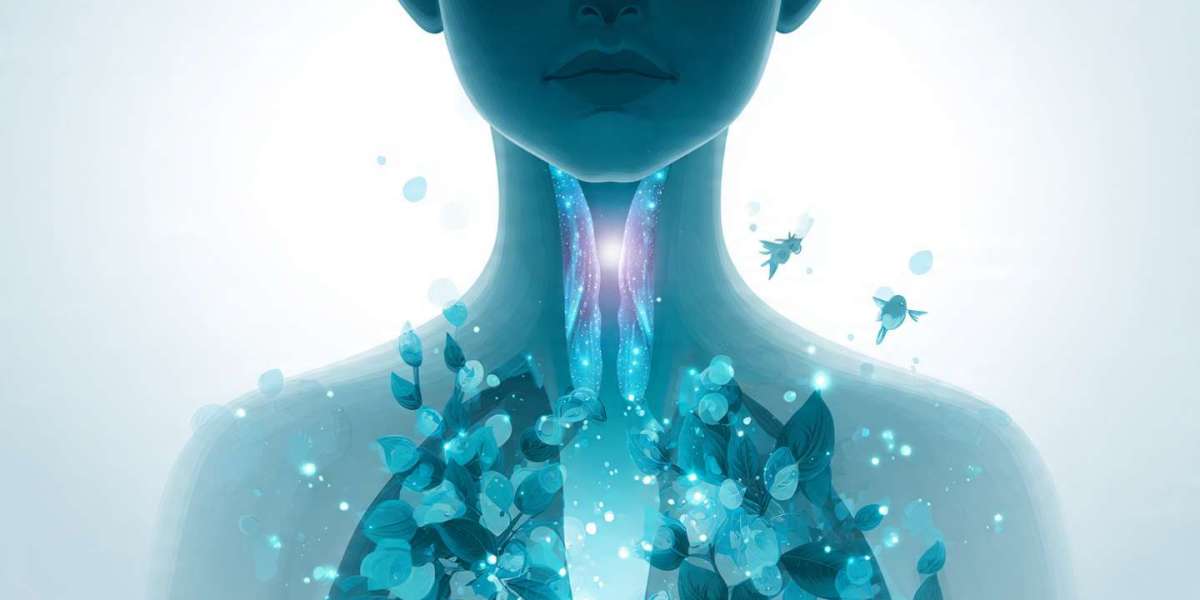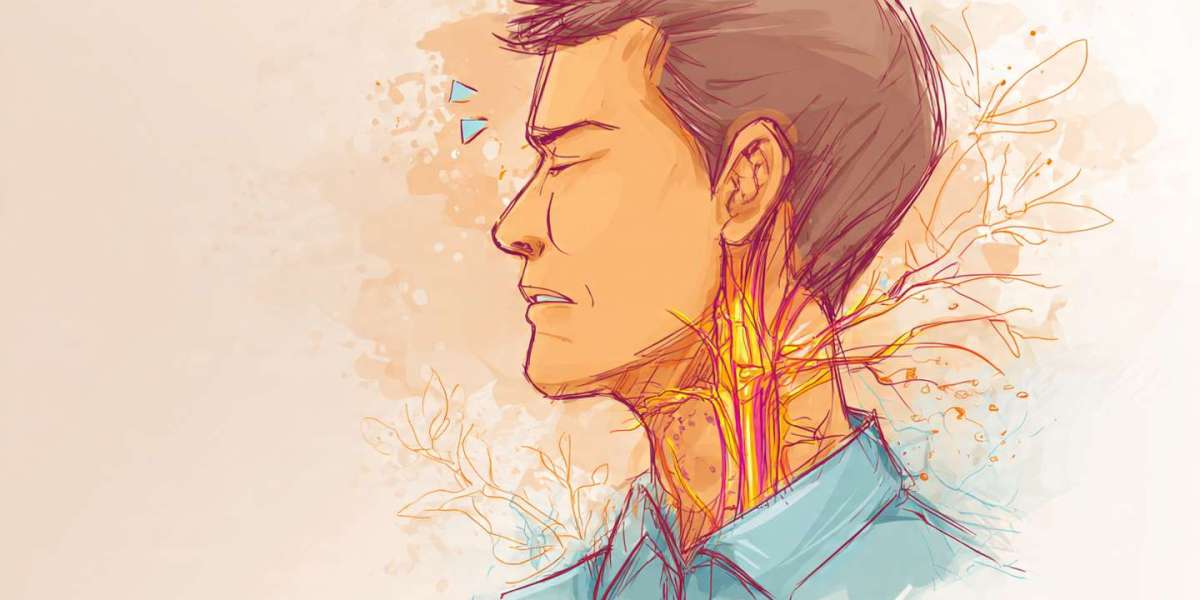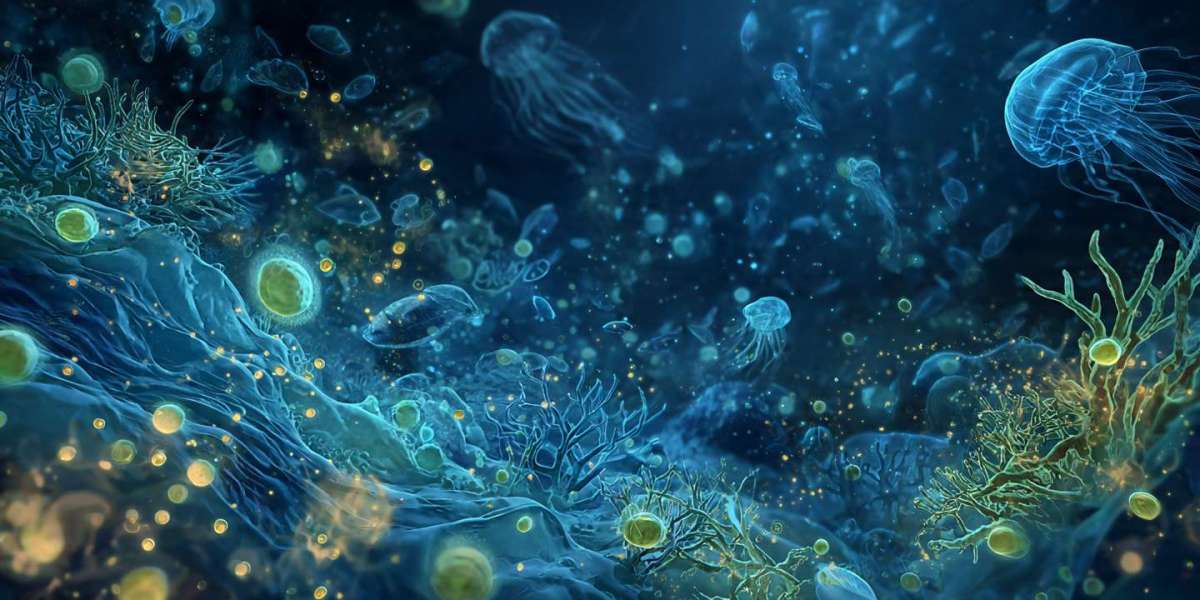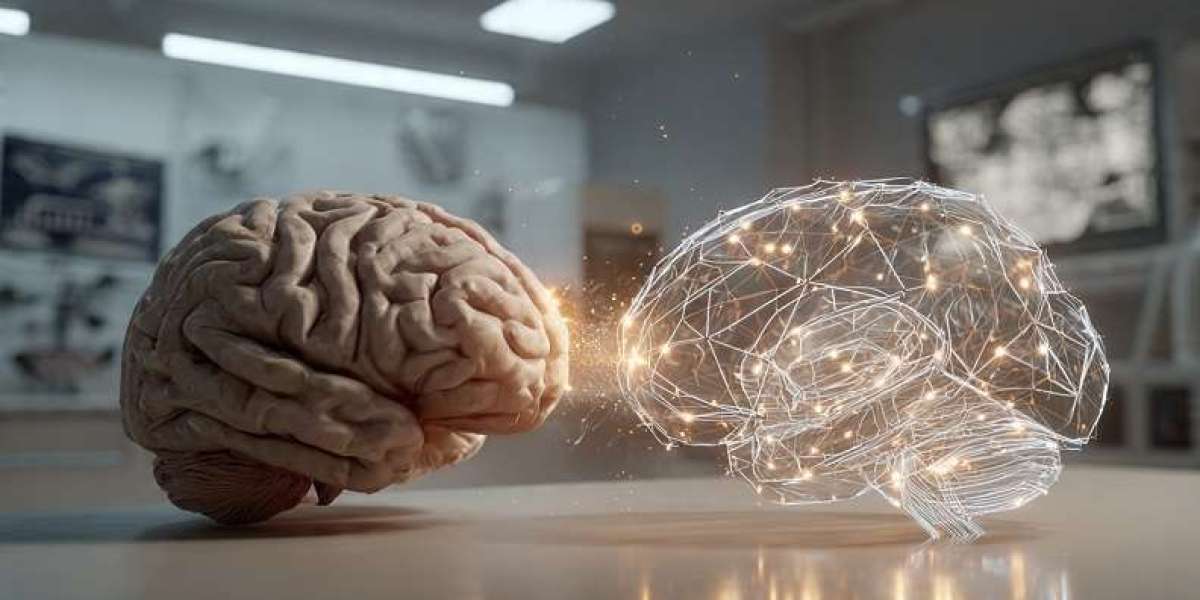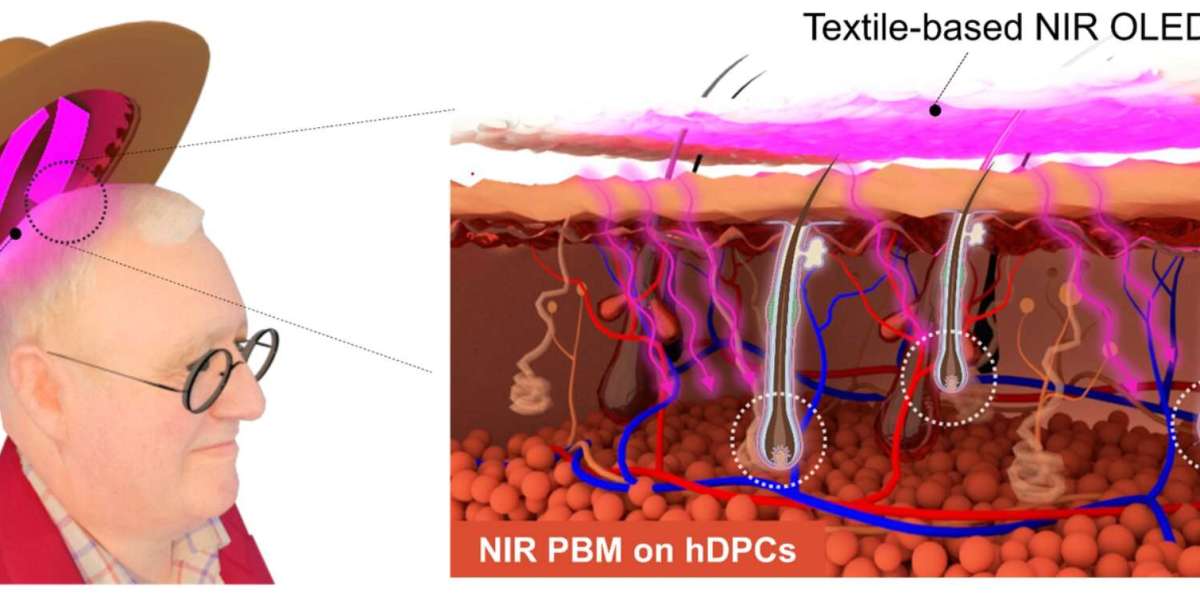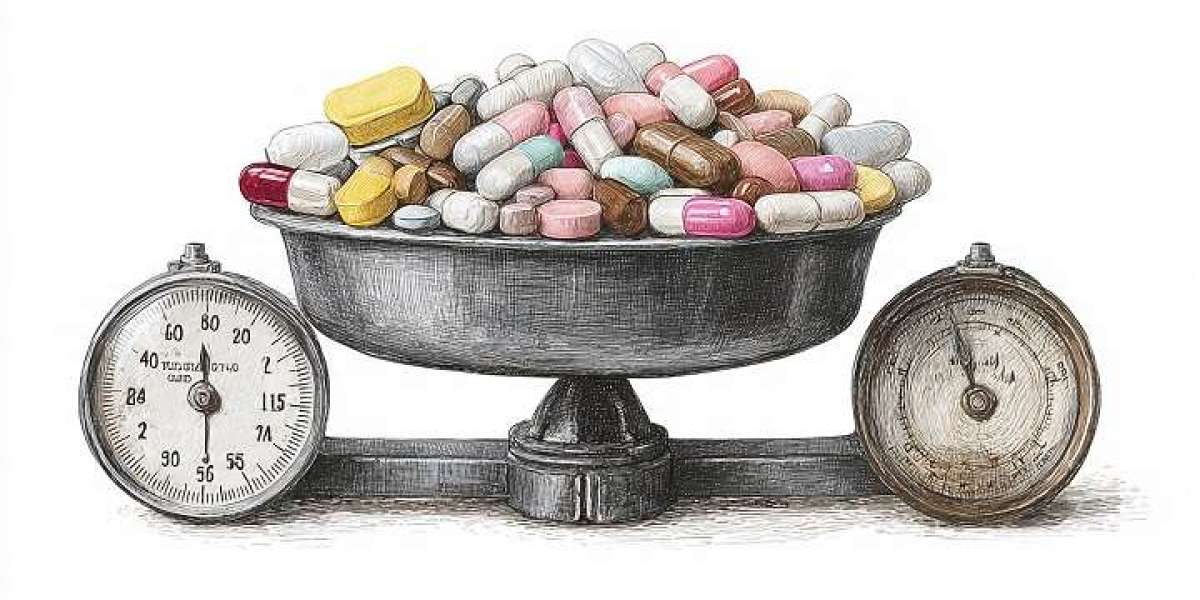article image source: mariongluckclinic.com (link)
(What will be mentioned below is for advice and is not a substitute for consulting a doctor)
Sections:
Your Brain on Hormones: The Hidden Connection
The Feel-Good Four: Hormones That Boost Your Mood
Hormonal Fluctuations and Mental Health: Why Timing Matters
When the Brain’s Control Center Misfires
The Mind-Body Feedback Loop: Stress, Immunity, and Hormones
Restoring Balance: Lifestyle, Therapy, and Hope
Conclusion: Rethinking Mental Health Through the Hormonal Lens
Sources
advertisement
Let’s begin:
Hormones are often thought of as the messengers behind puberty, reproduction, and aging. But their influence goes far beyond physical changes — they shape how we think, feel, and even respond to the world emotionally. In fact, your hormones might be influencing your moods more than you realize, working silently in the background to either support your emotional stability or throw it off balance.
Recent research reveals a powerful link between hormonal systems and mental health. From the ebb and flow of estrogen to the calm-inducing effects of progesterone, our internal chemical messengers interact directly with the brain, influencing neurotransmitters, stress responses, and even our emotional resilience.
Let’s explore how hormones shape your mind — and what you can do when they get out of sync.
Your Brain on Hormones: The Hidden Connection
Every hormone in your body begins with a signal from the brain. Specifically, a small but powerful region called the hypothalamus sends messages to the pituitary gland — the so-called “master gland.” From there, a cascade of signals is sent to other organs, such as the ovaries, adrenal glands, thyroid, or testes, which then release specific hormones like estrogen, progesterone, cortisol, or testosterone.
These hormones don’t work in isolation. They’re part of a feedback system: the brain tracks how much of each hormone is circulating and adjusts signals accordingly. When this delicate balance is disturbed — by stress, illness, aging, or environmental factors — the hormonal messages can become distorted, affecting everything from energy and sleep to focus, memory, and mood.
The Feel-Good Four: Hormones That Boost Your Mood
Four key hormones often get the spotlight when it comes to feeling good:
Dopamine: Linked to motivation, reward, and pleasure. It spikes when we accomplish goals or experience something enjoyable.
Serotonin: A mood stabilizer that helps regulate happiness, sleep, and appetite.
Oxytocin: Often called the “love hormone,” it promotes trust, bonding, and emotional warmth.
Endorphins: Natural painkillers that produce feelings of euphoria, especially after physical activity.
You can naturally boost these hormones through lifestyle habits like exercise, meditation, positive social interactions, laughter, music, and even healthy eating. But imbalances — especially with serotonin and dopamine — have long been associated with depression, anxiety, and mood disorders.
While supplements exist, they're not always effective or safe. In fact, unless there’s a clinical deficiency, lifestyle changes are often the first — and best — line of support.
Hormonal Fluctuations and Mental Health: Why Timing Matters
Hormonal changes don’t affect everyone equally — but when they do, the effects can be profound. In women, mental health symptoms often appear during major hormonal transitions: puberty, menstruation, pregnancy, postpartum, perimenopause, and menopause.
For example:
PMDD (Premenstrual Dysphoric Disorder) causes severe mood swings, anxiety, and even suicidal thoughts in the two weeks before menstruation.
Postpartum depression affects up to 13% of new mothers, largely triggered by a steep drop in estrogen and progesterone after childbirth.
Perimenopause and menopause bring fluctuating hormone levels that can cause memory issues, brain fog, irritability, and depression.
In men, aging brings a slow but steady decline in testosterone — a hormone linked to motivation, confidence, and mental clarity. Some experience emotional symptoms like low mood, fatigue, and irritability, though not all men are affected equally.
These emotional responses are not just reactions to life changes — they’re often rooted in neurochemistry. Estrogen, for instance, enhances serotonin activity and promotes the growth of neurons in brain areas tied to emotion and memory. When estrogen levels drop, so does this protective effect.
When the Brain’s Control Center Misfires
Hormonal issues don’t always start in the glands — they often begin in the brain. If the hypothalamus or pituitary gland misfires or sends the wrong signals, the entire hormonal network can become dysregulated.
For example:
Chronic stress can overstimulate the hypothalamic-pituitary-adrenal (HPA) axis, leading to high cortisol levels.
Over time, excessive cortisol shrinks key brain areas like the hippocampus (linked to memory) and prefrontal cortex (decision-making), and overstimulates the amygdala (emotion processing), which worsens anxiety and depression.
Low thyroid hormone (T3/T4) has been strongly linked to depression and fatigue. Fortunately, correcting thyroid levels often relieves symptoms.
This is why treating hormone-related mental health issues isn't always about adjusting one hormone. It often requires looking upstream — at the brain and its signaling systems.
The Mind-Body Feedback Loop: Stress, Immunity, and Hormones
Mental health doesn't exist in isolation from physical health. An unhealthy gut, disrupted sleep, or an overactive immune system can impact how hormones are produced and how well the brain functions.
Melatonin, the sleep hormone, is often low in people with anxiety or OCD. Poor sleep then worsens mental clarity and mood.
Estrogen and progesterone both affect immune and brain function. Estrogen can increase anxiety at high levels, while progesterone promotes calm.
Cortisol, the body’s main stress hormone, can suppress immune function over time, making both mind and body more vulnerable.
Inflammation — especially chronic, low-grade inflammation — has also been linked to depression and anxiety, suggesting that the immune system plays a larger role in mental health than previously thought.
Restoring Balance: Lifestyle, Therapy, and Hope
You don’t always need prescription drugs to begin feeling better — especially if your emotional shifts are hormone-related. Lifestyle interventions can go a long way in restoring balance.
Key strategies include:
Prioritizing sleep (aim for 7–9 hours; magnesium glycinate can help)
Exercising regularly, especially resistance and aerobic training
Reducing alcohol, which disrupts hormone metabolism in the liver
Managing stress through breathwork, yoga, or mindfulness
Eating a balanced diet low in sugar and high in fiber and nutrients
Getting professional support if symptoms are severe or persistent
In some cases, hormone replacement therapy (HRT or BHRT) may be appropriate — for both men and women — especially during perimenopause, menopause, or andropause. When carefully monitored, HRT can improve mood, energy, and emotional stability.
Additionally, newer treatments like Brexanolone, based on the calming hormone allopregnanolone, are showing promise for postpartum depression. There’s also emerging research into non-invasive brain stimulation methods aimed at restoring healthy brain signaling patterns rather than just replacing hormones.
Conclusion: Rethinking Mental Health Through the Hormonal Lens
It’s time we stop separating mental and physical health — they are two halves of the same system. Our hormones don’t just influence our reproductive health or metabolism; they are deeply entwined with how we think, feel, and experience life.
From the highs of oxytocin to the lows triggered by falling estrogen or surging cortisol, hormones are powerful players in our inner world. Yet their effects aren’t destiny. With the right knowledge, support, and care, hormonal balance — and emotional well-being — can be restored.
Understanding this connection opens up new, compassionate ways to approach mental health: not just as a matter of willpower or personality, but as a complex dance between the brain, body, and environment. It also offers hope — because when you care for your body, you’re also nurturing your mind.
Sources
BBC Future – How your hormones might be controlling your mind
Harvard Health – Feel-good hormones: How they affect your mind, mood, and body
Marion Gluck Clinic – Hormones and Mental Health: What’s the Connection?
Thank you !










